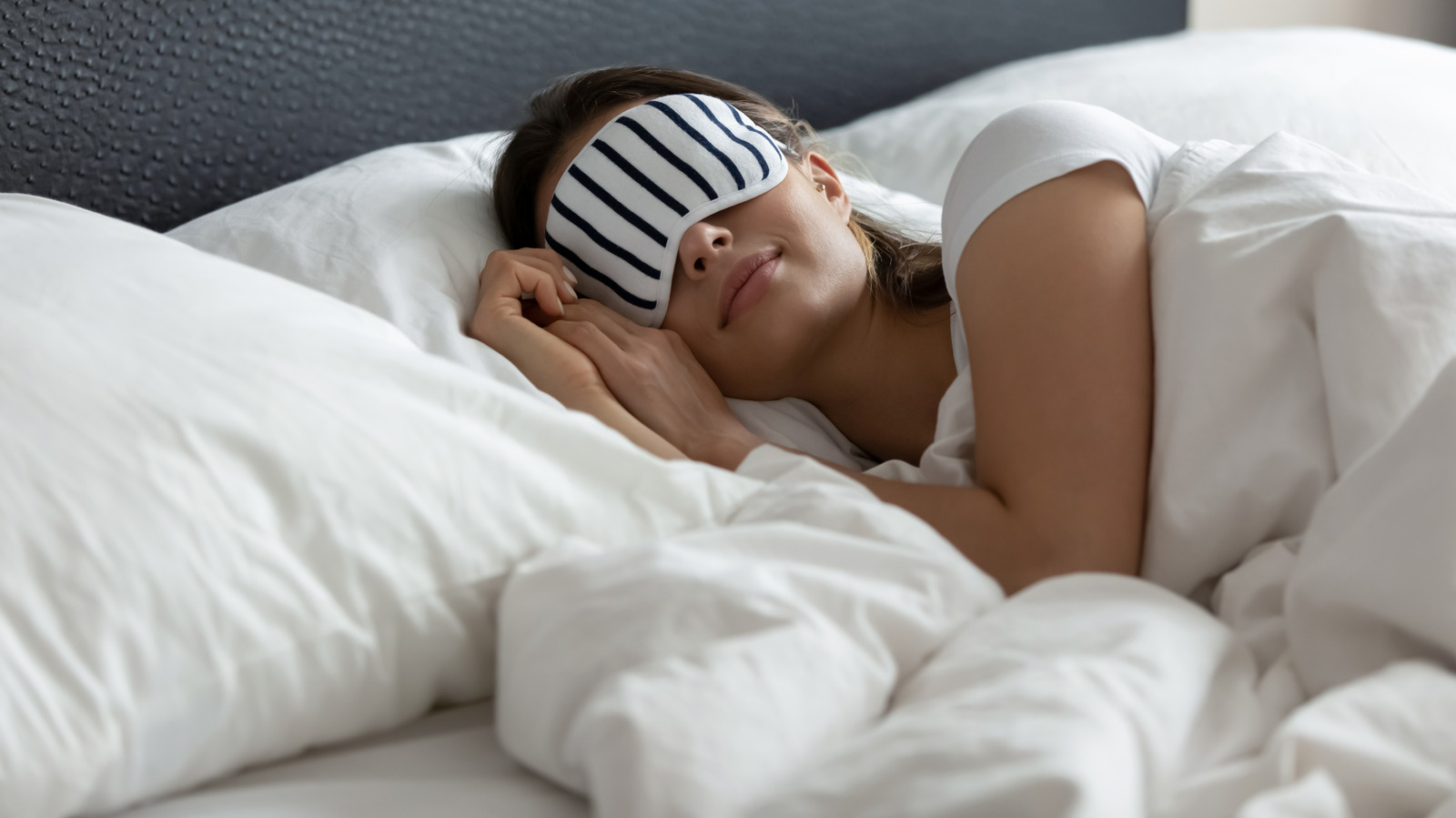Introduction:
A good night’s sleep is essential for our overall health and well-being. However, many people struggle with sleep issues that can disrupt their sleep quality and leave them feeling tired and unrefreshed. In this comprehensive guide, we will explore various strategies and techniques to help you improve your sleep and achieve a better night’s rest. From creating a sleep-friendly environment to adopting healthy sleep habits, we will cover everything you need to know to optimize your sleep and wake up feeling rejuvenated.
Section 1: Understanding the Importance of Sleep
1.1 The Role of Sleep in Our Health: Explain the significance of sleep in maintaining our physical, mental, and emotional well-being. Discuss the various functions of sleep, including memory consolidation, hormone regulation, and immune system support.
1.2 Consequences of Poor Sleep: Highlight the negative effects of poor sleep on our health, mood, cognitive function, and productivity. Emphasize the importance of prioritizing sleep to optimize our overall functioning.
Section 2: Creating a Sleep-Friendly Environment
2.1 Optimal Bedroom Conditions: Discuss the importance of a quiet, dark, and cool sleep environment. Provide tips for reducing noise, blocking out light, and regulating the temperature to create an atmosphere conducive to sleep.
2.2 Comfortable Bedding and Mattress: Discuss the significance of comfortable bedding, including pillows, mattresses, and sheets. Provide guidance on choosing the right bedding materials and mattress firmness to suit individual preferences and promote a restful sleep experience.
2.3 Eliminating Sleep Disruptors: Identify common sleep disruptors such as electronic devices, caffeine, and excessive liquids before bed. Suggest strategies for minimizing their impact, such as establishing a digital curfew and limiting caffeine intake in the afternoon.
Section 3: Establishing Healthy Sleep Habits
3.1 Consistent Sleep Schedule: Explain the importance of maintaining a consistent sleep schedule, including consistent bedtimes and wake-up times, to regulate our internal body clock. Discuss the benefits of sticking to a routine, even on weekends.
3.2 Relaxation Techniques: Introduce various relaxation techniques that can help promote sleep, such as deep breathing exercises, meditation, or progressive muscle relaxation. Provide step-by-step instructions for practicing these techniques before bed.
3.3 Bedtime Rituals: Discuss the significance of establishing a relaxing bedtime routine to signal to your body that it’s time to wind down. Recommend activities such as taking a warm bath, reading a book, or listening to calming music.
3.4 Exercise and Physical Activity: Highlight the positive impact of regular exercise on sleep quality. Discuss the optimal timing of exercise and suggest incorporating moderate-intensity activities into daily routines.
Section 4: Healthy Lifestyle Practices
4.1 Balanced Diet: Discuss the importance of a balanced diet in promoting sleep. Highlight sleep-friendly nutrients and foods, such as tryptophan-rich foods, magnesium, and herbal teas.
4.2 Hydration: Explain the relationship between hydration and sleep quality. Encourage maintaining adequate hydration throughout the day while minimizing excessive fluid intake before bedtime to prevent disruptions from nighttime urination.
4.3 Stress Management: Discuss the impact of stress on sleep and the importance of managing stress for better sleep quality. Recommend stress reduction techniques such as mindfulness, journaling, or engaging in hobbies and activities that promote relaxation.
4.4 Limiting Stimulants: Highlight the negative effects of stimulants such as caffeine, nicotine, and alcohol on sleep. Suggest minimizing or avoiding their consumption, particularly close to bedtime.
Section 5: Troubleshooting Common Sleep Issues
5.1 Addressing Sleep Disorders: Acknowledge that some individuals may experience
5.1 Addressing Sleep Disorders: Acknowledge that some individuals may experience sleep disorders such as insomnia, sleep apnea, or restless leg syndrome. Encourage seeking professional help if sleep problems persist or significantly impact daily life. Discuss the available treatment options and the importance of a proper diagnosis.
5.2 Managing Racing Thoughts: Provide strategies for managing racing thoughts or a busy mind that can interfere with falling asleep. Techniques such as journaling, creating to-do lists, or practicing relaxation exercises can help clear the mind and promote a sense of calm before bed.
5.3 Dealing with Environmental Disruptions: Discuss how environmental factors like noise, light, or uncomfortable bedding can disrupt sleep. Provide practical solutions such as using earplugs, using blackout curtains or eye masks, and investing in supportive and comfortable bedding.
Section 6: Seeking Professional Help
6.1 Consulting a Sleep Specialist: Encourage individuals who are experiencing persistent sleep issues or suspect underlying sleep disorders to seek professional help. Explain the benefits of consulting a sleep specialist who can conduct a comprehensive evaluation, provide a proper diagnosis, and offer tailored treatment options.
6.2 Sleep Studies and Diagnostic Tools: Discuss the potential benefits of sleep studies, such as polysomnography or actigraphy, in diagnosing sleep disorders and guiding treatment recommendations. Explain the process of undergoing a sleep study and its role in understanding sleep patterns.
Conclusion
Achieving a better night’s sleep is within reach by implementing the strategies and techniques discussed in this comprehensive guide. By creating a sleep-friendly environment, establishing healthy sleep habits, adopting a balanced lifestyle, and addressing common sleep issues, individuals can improve their sleep quality and wake up feeling refreshed and rejuvenated. Remember that everyone’s sleep needs are unique, and it may require some trial and error to find the strategies that work best for you. With patience, consistency, and a commitment to prioritizing sleep, you can experience the numerous benefits of a good night’s sleep and enhance your overall well-being.
- Top CBD Mints: A Comprehensive Review By Till Manstran Quils - August 8, 2024
- Zeus Juice: A Dive into Mythical Vaping Experience - February 26, 2024
- The Comprehensive Guide to Delta-10 THC Products – A Review - October 27, 2023

